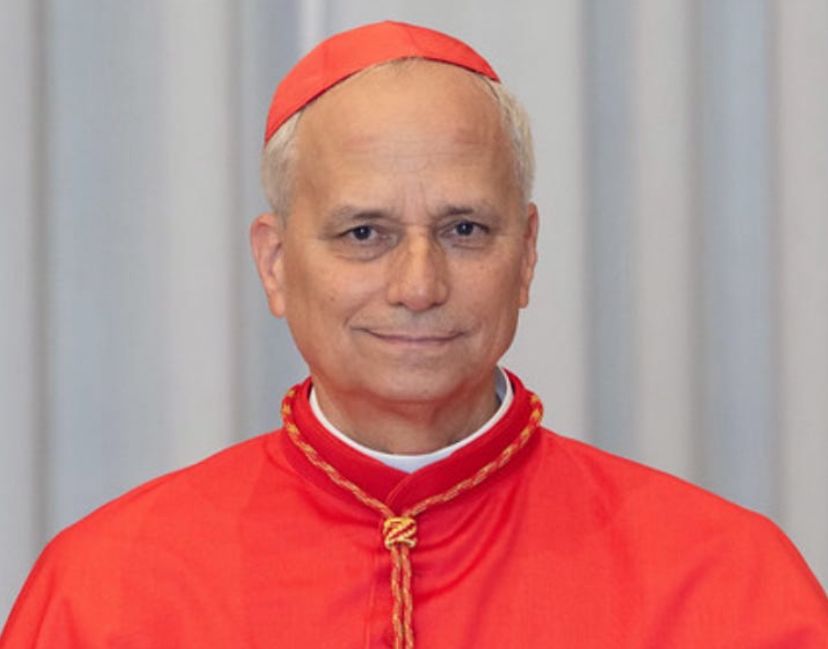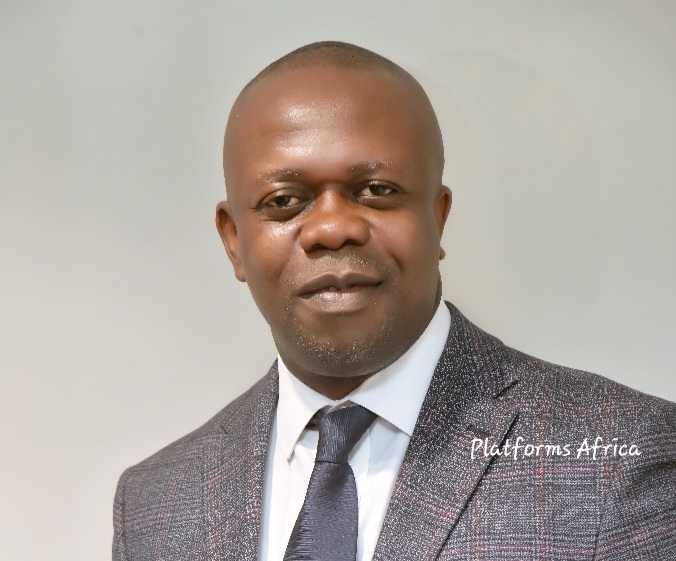FOLLOWING the appointment of a new palace Imam in Ogbomoso by the Soun of Ogbomoso, Oba Ghandi Olaoye, the Vice Chairman, Oyo State Council of Obas and Chiefs, Oba Francis Olushola Alao, has said traditional rulers lack executive power over chief imams or other religious leaders.
The monarch who is the Olugbon of Orile-Igbon said this in a statement, yesterday.
While backing the embattled Chief Imam of Ogbomoso, Sheik Olushina Ayilara, the monarch called for caution to avoid escalation of the crisis in the ancient town.
Oba Alao reacted to a statement credited to the Muslim Rights Concern, MURIC, criticising the appointment of Ayilara as the Palace Chief Imam by Oba Olaoye last week Friday.
Recall that the Executive Director of MURIC, Professor Ishaq Akintola, strongly condemned the action of Oba Olaoye.
READ ALSO:
‘Petrol Price Hike Reversal of Nothing,’ NLC Talks Tough
China’s Xi, Nigeria’s Tinubu Pledge Deeper Economic Ties
Excited Galatasaray Fans Welcome Victor Osimhen To Club
Ilorin Emir Confers Sardauna of Ilorin Title on Kwara Gov
According to Olugbon, MURIC’s concern on the controversy was well noted ,urging
it to sheathe its sword as various stakeholders in Ogbomoso were on top of the issue.
Oba Alao said, “As a major stakeholder in Ogbomoso, and the Vice Chairman, Oyo State Council of Obas and Chiefs, I can confirm that stakeholders in Ogbomoso are working hard to ensure that the Muslim community in Ogbomoso is not allowed to be divided. I am assuring MURIC and other Nigerians having concern on the ugly development that we will not sit by and allow promotion of division in Ogbomoso Muslim community.
“Besides, there is a pending suit on the matter in the court of law which means that Sheik Tahilat Ayilara remains the Chief Imam except the court decides otherwise.
“I call on those fanning embers of division to desist, otherwise, they will meet their waterloo. As a foremost traditional ruler, I am fully aware that monarchs do not have executive power over Chief Imams or other religious leaders.
Our roles over religious groups, associations and others in our kingdoms are advisory. Only the government has the constitutional right to remove a properly installed religious leader, and such decision must follow constitutional process.”





